Over the Horizon: A New Era for Canada-U.S. Space Cooperation?
The Trump administration has revived the National Space Council with an ambitious agenda and a commercial focus, and private entrepreneurs are forging a new paradigm. Canada has the opportunity to leverage over half a century of Canadian Space Agency-NASA cooperation to play a larger role in outer space policy in the new era.
The Canada Institute convened a high-level strategic policy dialogue, as U.S. and Canadian officials and representatives from communications, robotics, and aerospace companies addressed civilian and military space, emerging threats, and new technologies. Experts also examined how government and industry can work together on principles, norms, and institutions that will ensure responsible human activity in a changing space domain.
Selected Quotes
Jim Bridenstine:
- “We have [had] almost 500 agreements in our history, and today, we have agreements on 46 projects currently under way between the United States and Canada. What a great relationship for a such a long period of time that has been important for science and for the entire planet. What NASA has done with the Canadian Space Agency has been fantastic.”
- “We’re going to go [to the moon] differently than we’ve ever gone before; we’re going to go sustainably… What we want to do is establish a continual opportunity to go back and forth, utilize the resources of the moon, and do it in a way that is sustainable. With Canada by our side, we’re going to be able to achieve those very impressive capabilities, and I look forward to a very robust future.”
- “The timing signal from GPS is required for every banking transaction. It’s required for… terrestrial wireless networks – for example, cellphones. It’s required for the flows of electricity on the power grid. So, if we lose those capabilities, it is an existential threat to the United States of America… The potential adversaries of the United States have looked at space and declared it ‘the American Achilles heel’ because they know that if it is destroyed, it will wreck the United States of America.”
- “What we have to do as a country… is make it such that the potential adversaries of the United States look at space and they see that there’s no possible way they’re going to get an advantage by destroying it. If we can do that, then we can preserve space for generations to come and improve the human condition for everybody on the globe. But if we neglect our responsibility to make sure that space is secure, then it will be a vulnerability – and that, in itself, is provocative.”
Sylvain Laporte:
- “We consider this relationship to be a very, very good illustration of how two countries can collaborate successfully. Despite any kind of anxieties that may have traversed over time, over the past few decades, we can always look back to space and say, ‘You know what? Despite some of our differences, either between us or with other nations, we’ve always found a way to cooperate and to work properly in space.”
- “When it comes to the global space sector, economy, technology, and science are coming together as never before. This is a result of both a strategic move by government – the U.S. being very influential in leading the way – but also, an organic move, where more and more countries have understood the value of iunvesting in space. Just over a decade ago, in 2006, 47 were investing in the space sector. Today, there are over 70.”
- “[Government and the private sector] are not in competition. In fact, throughout the history of space discoveries and space innovation, governments have always collaborated with universities and with industry. What we have now is a dialing-up of that… I see it as a great opportunity. It’s up to us in government to make sure that as we go further – because we all share a mandate of developing our national economies as well – that we leverage every possible opportunity that we can have to adapt our business models to innovate in a way that we push the envelope of cooperation further.”
Dr. Scott Pace:
- “We’re glad to have the Canadian government’s commitment for extending the existing ISS government-run model through 2024… Between now and then, the U.S. is looking forward to working with Canada to plan for a transition from this current model to a more commercially active low-earth orbit with more opportunities for the private sector and continuing government research in low-earth orbit. So, we’re not abandoning low-earth orbit, but I think it’s time for us to be thinking about what comes after the Space Station.”
- “I think that space is rather special. Again, I would never take anything off the table for other trade discussions, but I think that the importance of space – our mutual interests there – is right now undisturbed.”
- “A lot of what I think the Space Force needs to accomplish is change of perspective about the importance that space has at a higher level and trying to make sure that it gets the resources and people that the current threat environment demands of it. So the goal is – I know this may be disappointing to people: it’s not to build some exotic science-fiction capability – it’s really to advance U.S. and allied national security.”
Event Agenda
8:15 – 8:45 a.m. Welcome and Opening Keynote Address
- Jane Harman – President and CEO, Wilson Center
- Jim Bridenstine – Administrator, NASA
8:45 – 9:30 a.m. Canadian Keynote Address
- Sylvain Laporte – President, Canadian Space Agency
- Introduced by William “Mac” Evans – Canada Space Advisory Board
9:30 – 10:45 a.m. Panel 1: Civil Space: Communications, Earth Observation, Scientific Research
11:00 a.m. – 12:00 p.m. Panel 2: Military and Security Space
12:00 – 1:20 p.m.
- Luncheon Keynote: Dr. Scott Pace, Executive Director, U.S. National Space Council - “U.S.-Canadian Space Cooperation – A Whole of Government Approach”*
- Moderators: Luiza Savage, Executive Director, POLITICO Pro-Canada and Jacqueline Klimas, POLITICO-Space
1:30 – 2:45 p.m. Panel 3: The New Commercial Space Age
2:45 – 3:45 p.m. Panel 4: Policy Challenges and Principles in the New Space Paradigm: Who and How to Manage Human Activity in Space?
3:45 – 3:50 p.m. Concluding Comments
Speakers
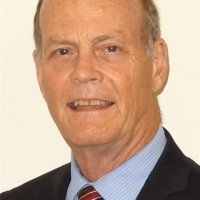
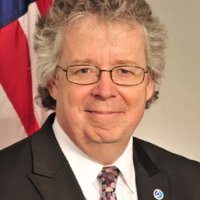
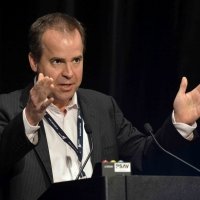


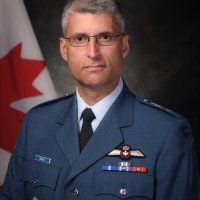

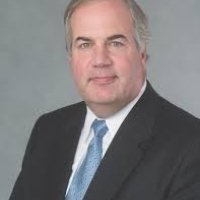
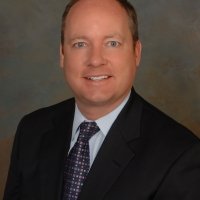
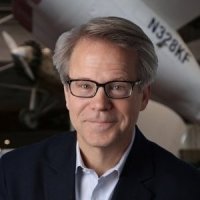



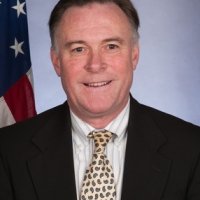

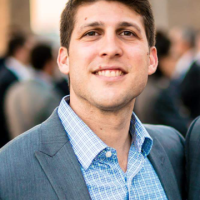




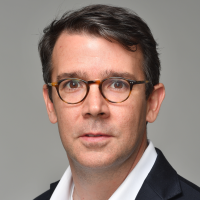
Staff Writer at The Washington Post, covering the defense and space industries; Author of "The Space Barons: Elon Musk, Jeff Bezos and the Quest to Colonize the Cosmos"
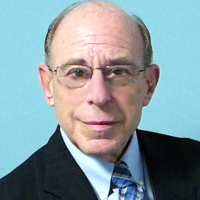
Introduction

Keynote Speakers

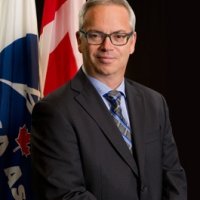

Hosted By

Canada Institute
The mission of the Wilson Center's Canada Institute is to raise the level of knowledge of Canada in the United States, particularly within the Washington, DC policy community. Research projects, initiatives, podcasts, and publications cover contemporary Canada, US-Canadian relations, North American political economy, and Canada's global role as it intersects with US national interests. Read more
